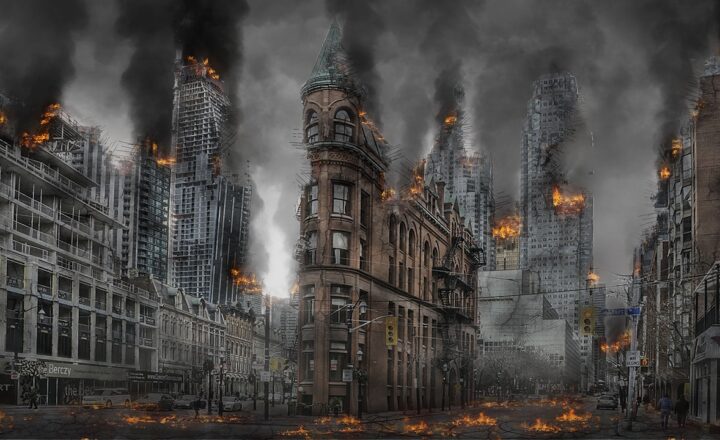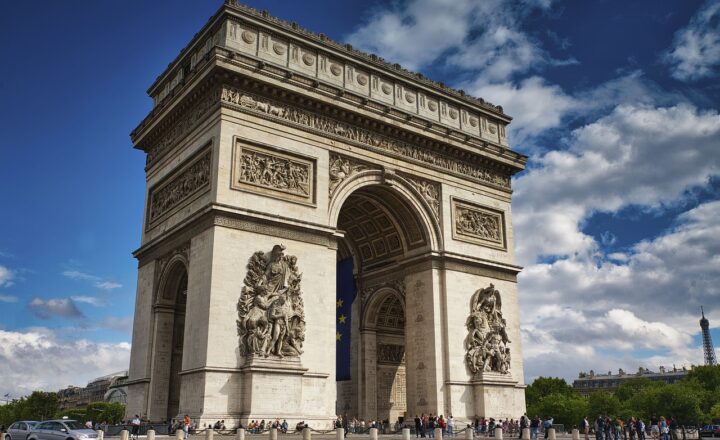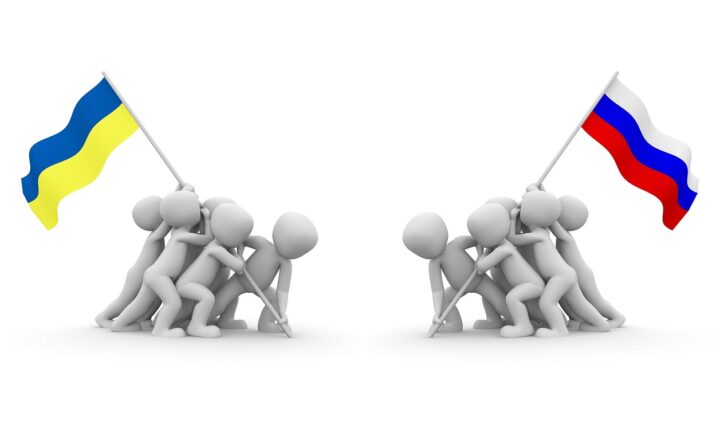Reliving History: The Most Pivotal Moments That Changed the World
November 18, 2024

The study of history allows us to understand the forces that have shaped our lives today. From moments of conflict to acts of bravery and profound insights, pivotal events have heralded change in various ways. This article will explore some of these transformative moments that have touched every corner of human civilization, revealing that our past is not just a sequence of events, but a rich tapestry of lessons and legacies.
1. The Fall of the Berlin Wall (1989)
The Berlin Wall stood as a symbol of division for decades, splitting East and West Berlin, and by extension, the world into two ideological camps—communism and capitalism. Its fall in November 1989 not only marked the end of the Cold War but also symbolized the triumph of freedom over oppression. People from both sides came together to celebrate, demolishing the wall brick by brick.
The reunification of Germany was a crucial step toward a Europe without borders, enhancing cooperation and integration. The event is a poignant reminder of the enduring desire for freedom that unites humanity irrespective of political divides.
2. The American Revolution (1775-1783)
The American Revolution was a pivotal moment in history that demonstrated the power of colonies choosing independence over imperial rule. Driven by the desire for self-governance, Americans effectively challenged the British monarchy, leading to the establishment of a democracy.
The principles set forth in the Declaration of Independence continue to inspire movements for freedom around the world. This revolution ignited ideas of liberty, equality, and human rights that transcend generations and geographies, impacting countless nations and future revolutions.
3. The Industrial Revolution (1760-1840)
The Industrial Revolution transformed societies from agrarian economies to industrial powerhouses. It marked a pivotal shift in technology, manufacturing, and labor conditions, fundamentally changing lifestyles and social structures across the globe.
New inventions like the steam engine and spinning jenny pivoted the course of history, contributing to urbanization and ultimately leading to societal reforms. The consequences of the Industrial Revolution linger today, shaping modern economies and standards of living, while also instigating discussions around workers’ rights and environmental responsibility.
4. The Discovery of Penicillin (1928)
The discovery of penicillin by Alexander Fleming revolutionized medicine and introduced the antibiotic age. Before its introduction, infections that were once fatal could often be treated with antibiotics, drastically reducing mortality rates.
Penicillin opened the doors for modern medicine, allowing researchers to develop a wide range of antibiotics to combat bacterial infections. The impact on global health has been profound, saving millions of lives and changing how we approach illness and disease treatment.
5. The Invention of the Internet (late 20th Century)
The advent of the Internet transformed communication and accessibility of information on an unprecedented scale. Born from defense research, the Internet revolutionized how we create, share, and consume information.
It has changed the landscape of commerce, education, entertainment, and personal interaction. With approximately 4 billion people online today, it connects people across the globe, breaking down communication barriers and empowering social movements. The Internet is a defining element of modern life.
6. The Abolition of Slavery (19th Century)
The movement to abolish slavery was a monumental and complex struggle that sought to end one of the darkest chapters in human history. Abolitionist movements gained momentum through the 18th and 19th centuries, culminating in legislation that prohibited slavery across various nations.
The abolition of slavery has had lasting implications for societal structure, human rights, and racial justice movements. The legacy of those who fought against this atrocity continues to inspire present-day struggles against inequality and injustice.Security, equality, and human rights continue to be the rallying cries for organizations and activists worldwide.
7. The Civil Rights Movement (1950s-60s)
The Civil Rights Movement marked a landmark fight for equality and against institutionalized racism in the United States. Leaders like Martin Luther King Jr., Rosa Parks, and Malcolm X championed the cause, igniting spontaneous protests and organized campaigns demanding equal rights for African Americans.
The movement culminated in legislation such as the Civil Rights Act of 1964 and the Voting Rights Act of 1965, representing significant victories in the long-held struggle for racial justice. Their spirit and motivation echo through today’s human rights campaigns, pushing for equality in various facets of society.
Conclusion
Pivotal moments in history have not only acted as catalysts for change but have inspired individuals and societies to challenge the status quo and envision a better future. Learning from these key moments allows us to acknowledge our past, reshape our present, and motivate our quest towards universal dignity and human rights.
History teaches us that change is not merely a possibility, but a reality achieved through bravery, innovation, and unity. By reliving these critical moments, we fuel our current endeavors, ensuring that we remain committed to a better tomorrow for all.







